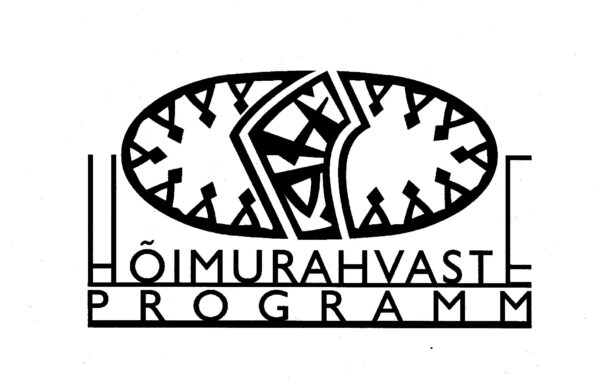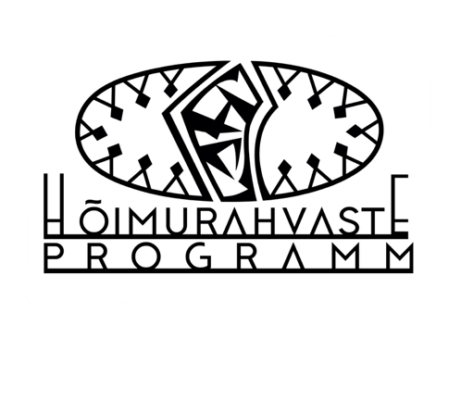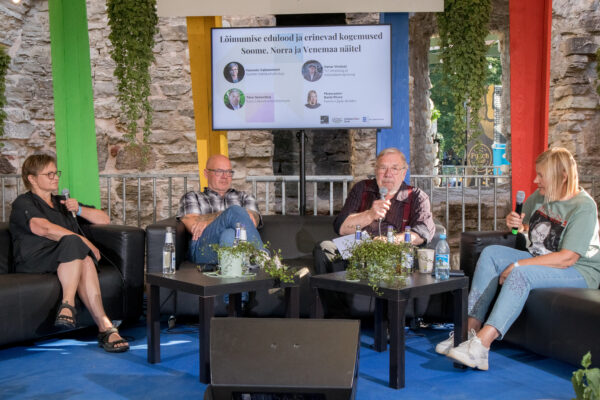Science Awards of Kindred Peoples’ Programme awarded to Saami and Komi scholars
In 2025, the Science Awards of Kindred Peoples’ Programme were presented to Saami
scholar Berit-Ellen Juuso and Komi researcher Maria Fedina.
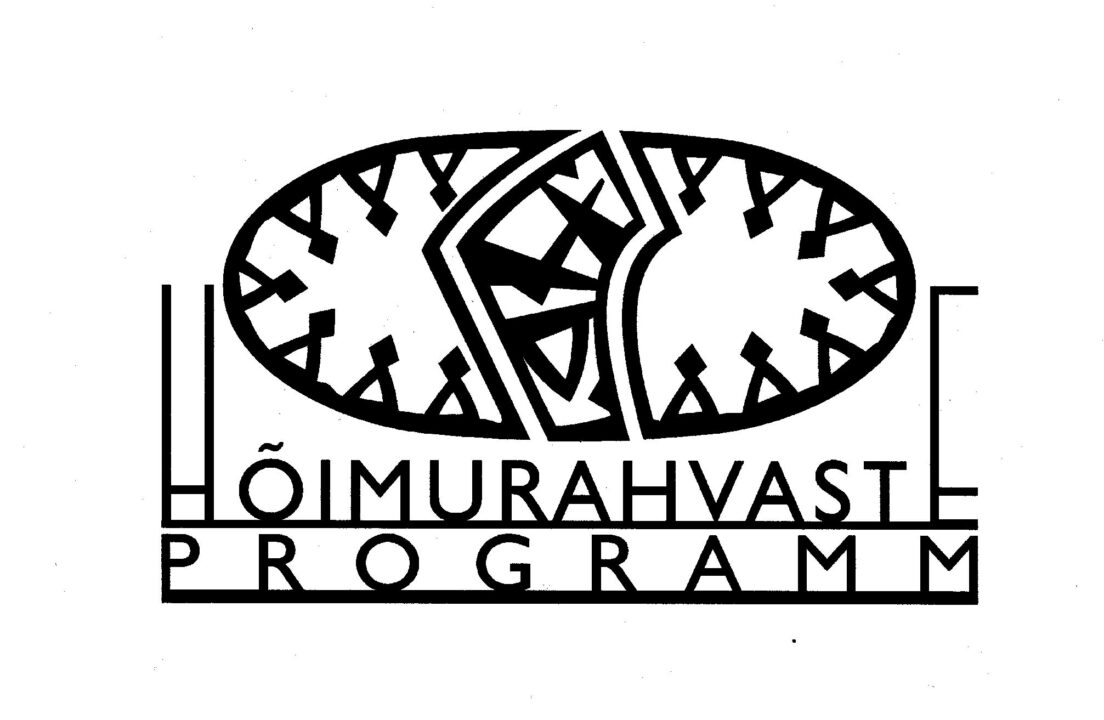
Since 2012, the committee of the Kindred Peoples Programme has been recognising outstanding scholarly work by the representatives of kindred Uralic peoples without their own statehood. This year, the committee was pleased to present awards in two categories.
Recognition was given to the doctoral dissertation written in Northern Saami
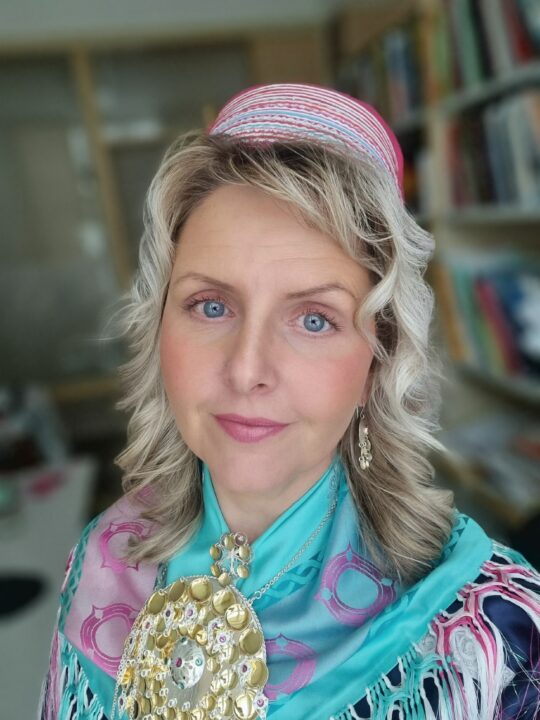
After several years, the award in the category of the research published in a Uralic language was presented again. It was granted to Saami scholar Berit-Ellen Juuso for her dissertation titled “Jietnadagas bustávvii – bustávas jietnadahkii: Sámegielat álgooahpahusa ohppiid teknihkalaš lohkandáidu” (2024), translated into English as “From letters to sound and sounds to letter: Technical literacy of Saami elementary school pupils”.
Berit-Ellen Juuso’s doctoral dissertation, which explores the literacy development of Northern Saami-speaking children, is a significant milestone in Finno-Ugric studies—being one of the first doctoral thesis written and defended in Northern Saami. “Composing the dissertation required thorough development and reflection on Northern Saami academic terminology”, notes jury member Sven-Erik Soosaar. “Juuso has successfully combined high-level academic analysis with the goal of preserving and developing the Northern Saami language.”
In her research, Juuso emphasises that children’s literacy and multilingualism have mostly been studied in the context of major languages, while similar research in the context of Indigenous languages is scarce—primarily because most Indigenous children do not receive education in their mother tongue. “The results show that children can achieve age-appropriate literacy in Northern Saami”, Juuso explains, “but they need educational support that takes into account their linguistic and cultural background. Therefore, it is essential to develop pedagogical strategies that support Saami children’s development in a more sensitive and research-based way.”
Jury member Marju Kõivupuu believes that Juuso’s work will inspire and serve as a model for future research in Indigenous languages: “She has skilfully integrated linguistics, pedagogy, and cultural awareness, and stands for the promotion of equal educational opportunities for indigenous children.”
Berit-Ellen Juuso works at the University of Lapland. Her research focuses on Saami children’s reading and writing development, phonological awareness, and learning difficulties such as dyslexia.
Uralic Ethnic Studies Award for the research on the urban Komi community
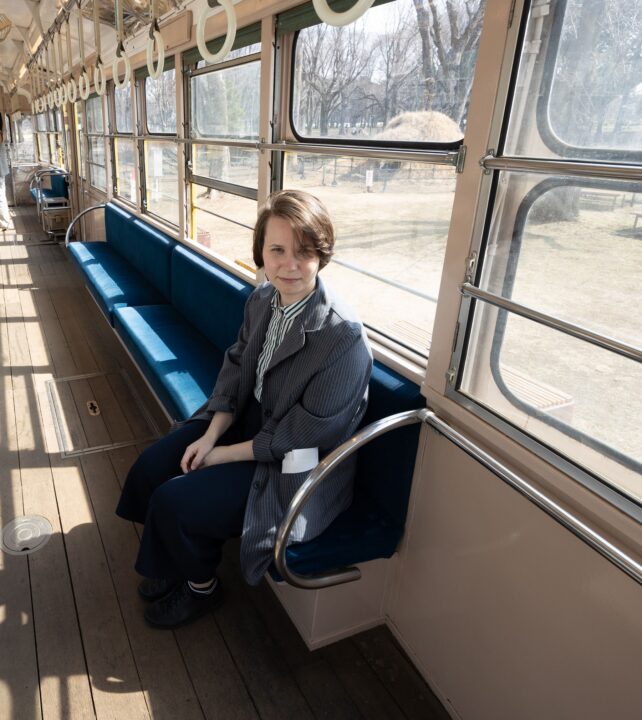
Uralic Ethnic Studies Award honours the research in the Uralic ethnic sciences (literature, linguistics, history, archaeology, ethnology, folkloristics) in any language. Maria Fedina, a researcher of Komi origin, received this award for her dissertation “Place, Language, and Belonging: Being Komi in Contemporary Syktyvkar, Komi Republic” (2025).
In her doctoral thesis, Maria Fedina examines both the collective and individual urban experiences of the Komi people, and how urban environments affect Komi identity, language, and sense of belonging. “I am interested in how Komi people interpret their everyday urban lives—what places and practices still help them feel Komi. It’s often assumed that cities alienate people, but my research shows that moving to the city creates new spatial relationships, but social and cultural ties with rural areas and ancestral roots are not lost,” says Fedina. Her study shows that cities are not merely places where Komi culture fades, but also fertile ground for new initiatives and emerging forms of identity. People themselves create the meanings of belonging—whether they live in rural or urban areas.
“Fedina’s dissertation helps to understand the role of Indigenous peoples in contemporary
society”, comments jury member Svetlana Karm. “She highlights the importance of acknowledging the identity of urban indigenous populations. The experiences of Russia’s urban indigenous peoples have been largely overlooked until now—Fedina’s contribution in this area is significant.”
Maria Fedina has studied human geography, social anthropology, and criminal law. She is currently a postdoctoral researcher at the University of Helsinki, where she explores the experiences of urban-dwelling Indigenous peoples and meanings of Indigeneity in Russia.
This year’s jury for the Kindred Peoples Programme science awards included Marju Kõivupuu, Svetlana Karm, and Sven-Erik Soosaar. The total award fund was 2,500 euros.
FURTHER INFORMATION:
Marika Alver
Kindred Peoples’ Programme coordinator
marika.alver@eki.ee
+37255529199
